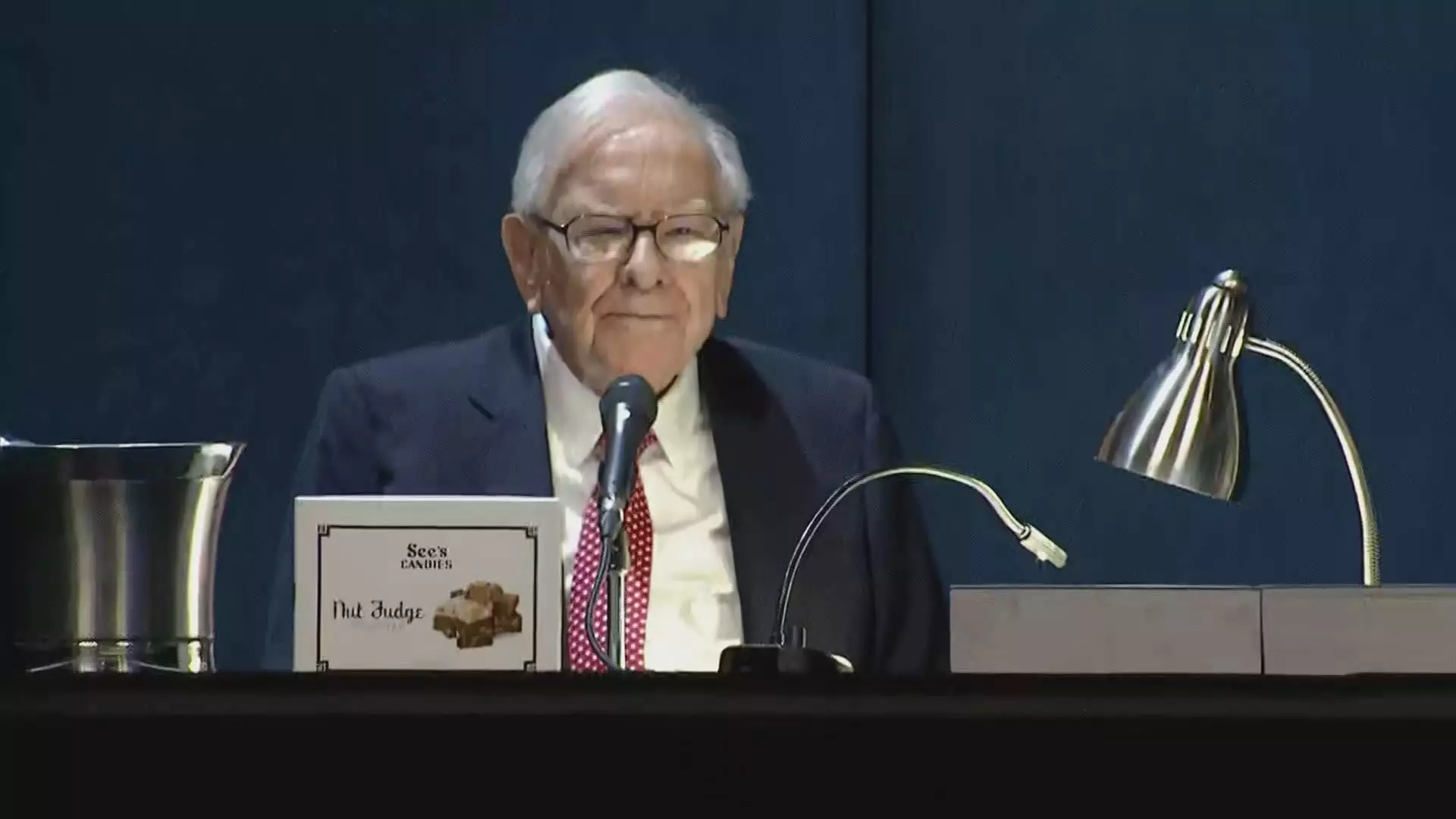Warren Buffett, renowned for his astute investment decisions and steadfast methodology, has recently made waves by significantly reducing his stake in Apple Inc., a company that has long been a cornerstone of Berkshire Hathaway’s portfolio. As of the end of September, Berkshire reported holdings of approximately $69.9 billion in Apple shares, illustrating a strategic downsizing that has now persisted for four consecutive quarters. This reduction, amounting to about 67.2% when compared to the previous year’s third quarter, raises questions about the financial sage’s motivations and future market strategies.
The most recent quarter saw Buffett sell off about a quarter of his remaining Apple shares, resulting in roughly 300 million shares still held by Berkshire. The trajectory of his divestiture, which began around late 2023, intensified in the second quarter when almost 50% of his stake was liquidated. This pattern of selling has prompted various theories regarding its impetus, ranging from concerns over elevated stock valuations to the notion of concentrated portfolio risk. Typically, Berkshire’s involvement with Apple, which reached a staggering point of controlling half of its equity portfolio, has always been a topic of intense scrutiny and debate.
The significance of the sales goes beyond mere financial maneuvering; it suggests a potential recalibration of Buffett’s investment philosophy. Historically, Buffett shunned the technology sector, perceiving it as outside his expertise. Yet, his successful foray into Apple, catalyzed by admiration for its robust customer loyalty and the ubiquitous nature of its products, transformed him into one of its most prominent champions.
During the recent annual meeting, Buffett hinted that there might be tax-related considerations influencing the sell-off. He suggested that anticipated increases in capital gains taxes could prompt investors to realign their holdings preemptively. However, the scale of Buffett’s divestitures has led to speculation that his motivations encompass a broader rationale, potentially indicating a fundamental shift in how he perceives the technology landscape.
Moreover, this selling spree comes amidst record cash reserves for Berkshire, totaling $325.2 billion by the end of the quarter. As a beacon of financial strength, this surplus has allowed the conglomerate to pause its share buyback strategy, positioning the company strategically in a cash-rich state, ripe for new investments or acquisitions.
Meanwhile, Apple’s stock performance continues to generate discussion, currently displaying a 16% increase year-to-date, albeit trailing the S&P 500 index which is up by 20%. As analysts dissect the implications of Buffett’s movements, it’s clear that shareholder confidence in Apple remains resilient, potentially buffered by its ongoing innovation and loyal customer base.
Ultimately, Buffett’s ongoing adjustments to his Apple investment herald a shift not just in his approach but could also reflect broader dynamics within the investment community regarding tech stocks and the valuation landscape. As investors keenly observe these developments, it’s crucial to consider how Berkshire Hathaway’s strategic choices might redefine investment norms in an ever-evolving market.

